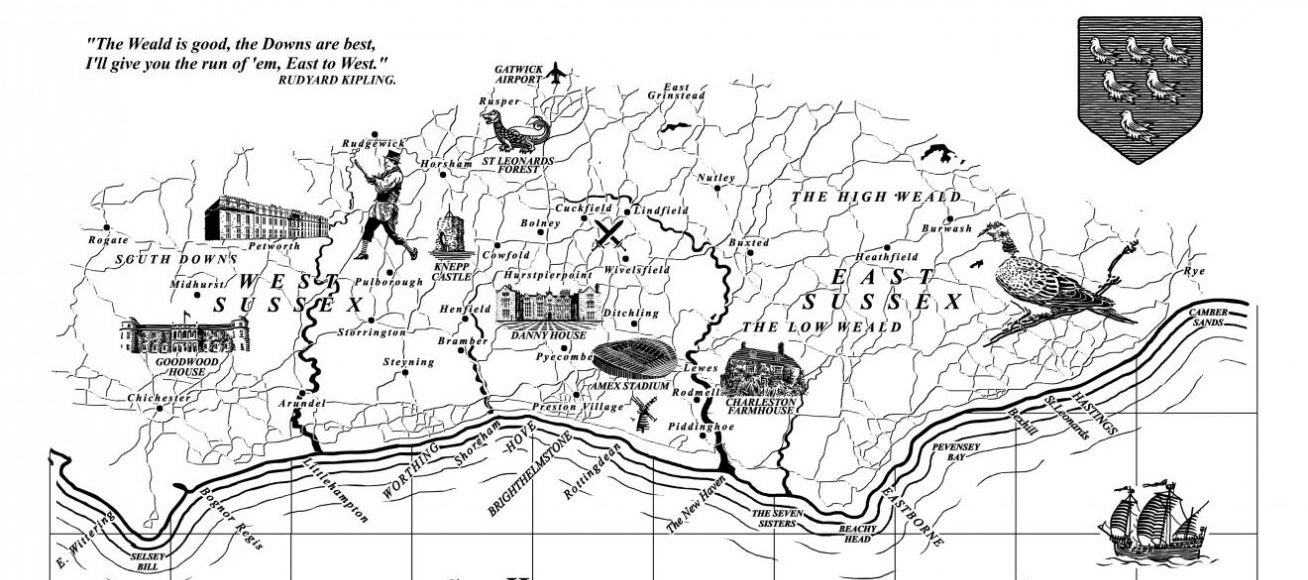Ownership as trust
 This is a policy idea; based on discussions with my friend and colleague at BCU, Gregory Leadbetter, who has done the heavy lifting.
This is a policy idea; based on discussions with my friend and colleague at BCU, Gregory Leadbetter, who has done the heavy lifting.
These days Greg is a fine poet and teacher of creative writing, but in a previous life he studied law at Trinity Cambridge, and became a solicitor. In fact, he still appears on the roll of solicitors as ‘non-practising.’ This doesn’t stop me bothering him on matters legal, I have to say.
Here is Greg’s text –
Ownership as Trust: Reforming the Law of the Land
Redefining the basis of land use and ownership in England and Wales – and why it matters
The current position is as follows. In English law, there is no such things as absolute ownership: all ownership rights are based on establishing what is called ‘title’ to the land. ‘Freehold’ is the most complete form of ownership, but even this is a relative term. Since the Norman Conquest of 1066, all freehold owners have been – technically – ‘tenants-in-chief’ to the Crown; that is, their ownership rights derive from a relationship to the Crown as the ultimate authority over the land.
Over time, the Rule of Law – quite rightly regarded as one of the most sacred principles of our constitution – has (mostly) put that once arbitrary power in its place. In practice, the link between land and Crown means little these days – though its effects and implications are still palpable. For example, it is ultimately the basis on which the Crown has legal title to the minerals under our feet. It also means that English law is accustomed to dealing with land ownership and rights of use as a system of relationships that ultimately derive from a foundational principle.
In an age when both the fragility of our habitat and our intimate and ultimate dependence upon it have been made clear, the time is ripe to pass into law a new foundational principle, upon which our relationship to the land will be based.
Simply put, all ‘ownership’ would be defined as a form of trust. The ultimate derivation of title from the Crown would be amended, so that all title would be based on the principle of custodianship. In other words, it would be a legal means of establishing that all land be held in trust for future generations.
This would not involve a wholesale revision of most current practices of establishing title. But it would change the sense of what the possession of title – i.e. ownership – then entails.
Moving away from a system based on rights over the land, to a system based on custodianship, would emphasise duties towards the land, its resources, and its well-being – which is of course, intimately involved and continuous with the well-being of the country, and indeed humankind as a species. Based on the ideal of conservation and trust, the specific content of those duties would remain various, complex and no doubt contested, but as a new foundational principle for title (ownership), environmental responsibilities, and land use, it would act as all legislation ultimately acts – an educative force by which we, as a species, order our present and our future.
Gregory Leadbetter
So the idea would be to establish a true Land Trust for all land holdings currently held by, or from, the Crown. All UK citizens would have membership of the Land Trust as of right from birth/adoption of UK citizenship.
As Greg outlines, this doesn’t mean that freeholders would lose their rights to their property; just that the foundational basis for land ownership would be democratised.
If Republicans have their way, and the Monarchy is abolished, presumably these kinds of rights would go to the British State. The British State is not you and me. A true Land Trust would be ‘owned’ by everybody. If Monarchists want to see reform of the Crown, then taking the foundational basis of land ownership away from the Crown into a universal trust would be revolutionary. Reformist socialists would see it a step towards socialism.
I say, ‘Fuck the Normans.’


